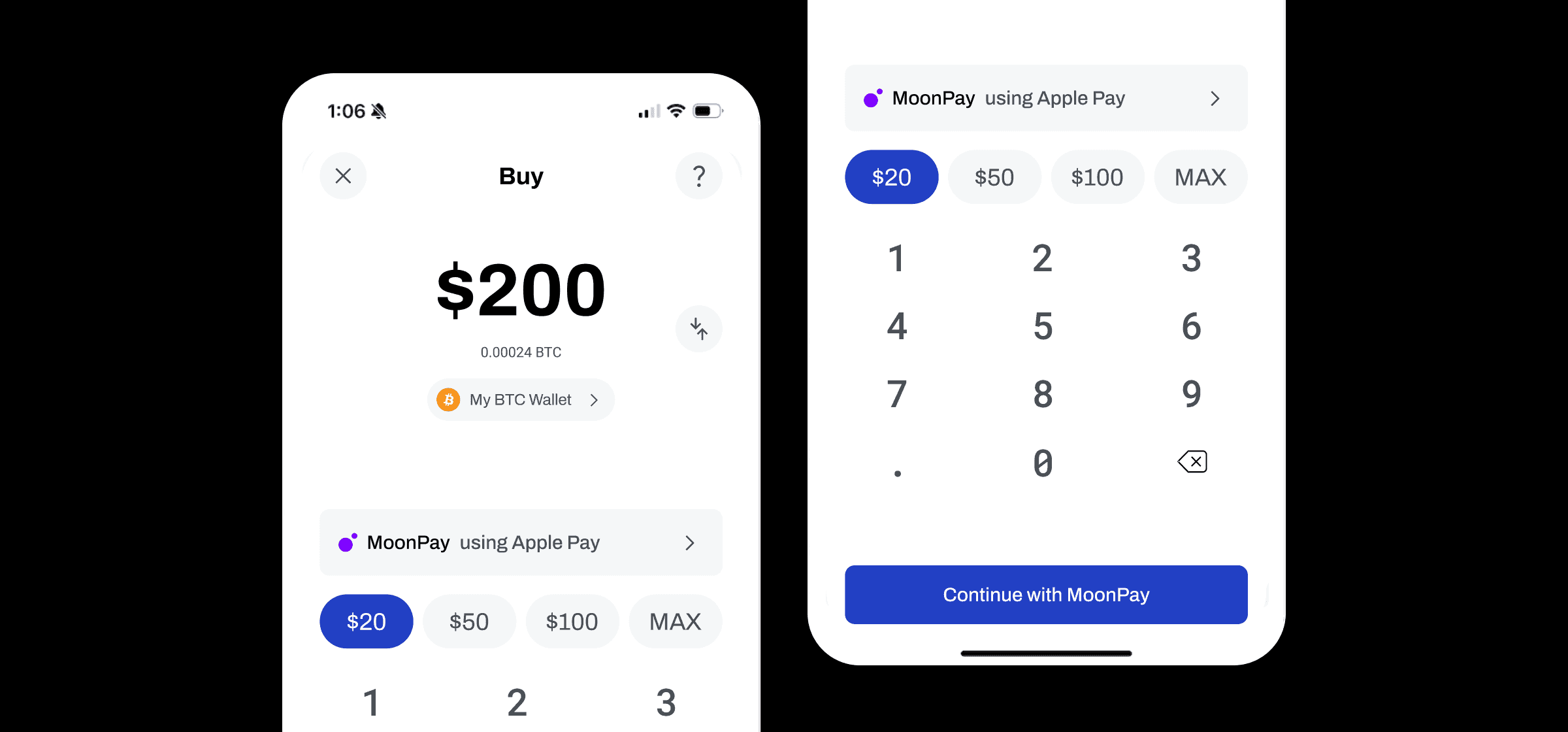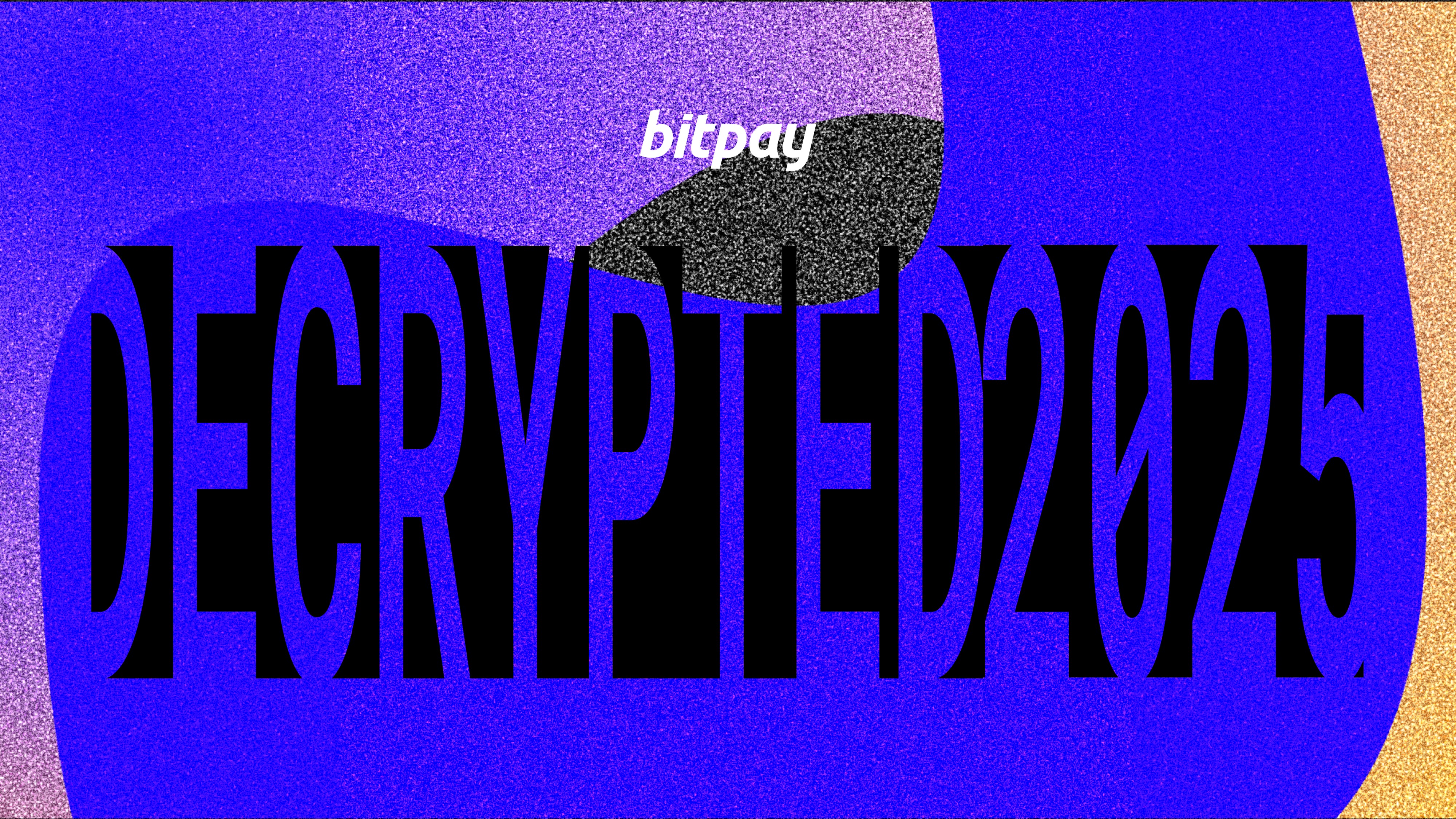October 10, 2022
Crypto Credit Cards Explained: What They Are, How They Work & How to Choose the Right One
The Important Bits
Crypto credit cards are a safe and convenient way to pay for everyday purchases and earn cryptocurrency rewards. They work like any other credit card, and even offer many of the same loyalty perks, including cash back rewards. Transactions settle in fiat currency, and you receive a monthly statement outlining your purchases in that billing period. Crypto debit cards, on the other hand, convert crypto to cash and then load the cash onto a debit card. With each purchase drawn against the available balance.
For decades, consumers have relied on credit cards as a convenient way to shop without carrying cash. As credit cards have grown more sophisticated, they’ve started rewarding holders for their loyalty with perks like cash back. The next natural evolution in plastic is crypto credit cards, which offer many of the same perks as their traditional counterparts while giving crypto holders an easy way to earn cryptocurrency.
In this article
What is a crypto credit card?
A crypto rewards credit card is a credit card that allows users to spend traditional fiat and earn rewards in crypto for their purchases. The main perk of a crypto credit card is the flexibility when it comes to earning rewards. Most traditional credit cards limit your rewards options to cash back, travel perks or discounts from the issuer’s retail partners, but crypto credit cards allow users to choose precisely which cryptocurrency they’d like to receive for their rewards earnings.
The result is a highly customizable rewards program that allows users to both spend and earn crypto their way, while enjoying many of the benefits of a traditional bank-issued credit card.
How do they work?
Crypto credit cards are used just like any other credit card: they can be swiped in-store or used online to purchase goods and services. Transactions occur in fiat currency, and users receive a monthly statement detailing their purchases in that time. As of June 2022, no major crypto credit cards allow bills to be paid from a user’s crypto wallet directly, though some issuers have hinted this is a possibility for the future.
Traditional credit cards reward users for their purchases, usually with cash back that can be applied as a statement credit, spent with a retail or travel partner or transferred to a bank account. Crypto card users are also rewarded for their purchases, but instead they receive their cash back in the form of a cryptocurrency of their choosing.
Different crypto credit cards accrue and pay out rewards in different ways, which may impact your choice of card depending how you like to see rewards accumulate.
Generally, crypto rewards credit cards offer cardholders between 1.5-3% back in crypto on all eligible purchases. Some cards scale up the accrual rate after certain monthly or annual spending thresholds are met, and others have specific spending categories for which the bonus rate is increased, such as dining out or grocery shopping. Some cards pay out accrued crypto rewards on a monthly basis, others with each and every transaction.
Related article: 4 Easy Ways to Cash Out Cryptocurrency
Crypto credit cards vs. debit cards
Crypto credit cards and crypto debit cards are similar in that they offer holders greater flexibility when spending and earning crypto, but beneath the surface there are some important differences to know about.
With a crypto credit card, a user swipes and spends just as they would with any other credit card, and receives a monthly bill tallying their purchases for the month (paid with fiat). Depending on the card they use, they’re rewarded a certain percentage of their total purchases in crypto. Users are subject to paying interest or late fees if a balance is carried over month to month, so it’s best to pay off in full each statement to avoid interest fees eating into your crypto rewards earnings.
Crypto debit cards on the other hand, like the BitPay Card, are connected directly to a crypto wallet or exchange account instead of a checking account. Cards can be pre-loaded with crypto and the balance can be drawn against with each purchase, or crypto kept in a wallet can be drawn from and automatically converted into fiat to complete each transaction
The best crypto card for spenders
How to apply for and get a crypto card
Applying for a crypto credit card closely mirrors the process of obtaining any other kind of credit card. Users must fill out an application, and the issuer will conduct a hard pull of your credit report to determine eligibility. Crypto credit cards usually require good to excellent credit to qualify, so consider your credit history before applying.
It’s also important that you choose a provider you trust. Do your homework on the rewards various providers offer, and be sure to evaluate things like interest rates or annual fees.
If you want to spend crypto but don’t want to worry about the impact to your credit score, applying for a crypto debit card like the BitPay card provides all of the spending flexibility of a crypto rewards card without any affect on your credit. The entire application process takes under 10 minutes, and once you receive your card you’re free to spend crypto with a swipe anywhere in the world Mastercard is accepted.
How to choose the right card
Before deciding on which crypto credit card is right for you, first evaluate your priorities to decide if a crypto debit card or a crypto credit card is the better option for your needs. If you’d rather not deal with juggling monthly statements, or be potentially hit with interest charges or other fees for carrying a balance, a crypto debit card might be the better choice. Remember: paying interest on credit card balances month after month can add up quickly, eroding your rewards earnings in the process.
If you've decided that a credit card is the right option, here's what to consider next:
Is my credit ready for another credit card?
Is the issuer widely trusted in the crypto space and finance sector?
What is the rewards rate?
Are there annual membership fees?
How about other fees?
Which cryptocurrencies rewards are available?
What is the credit limit?
Are there any special perks or benefits?
Choosing the right crypto card for you largely depends on your spending habits, as well as how you’d like to be rewarded for your loyalty. Your location can also play a factor, as some jurisdictions do not allow the use of crypto credit or debit cards.
If you prefer the ease and simplicity of free and instant settlement on individual purchases without paying interest or fees, and would instead prefer to pre-load a card with crypto or spend from your crypto wallet, a crypto debit card like the BitPay Card is probably your best bet.
It’s important to also consider things like transaction size limits or daily spending limits. The BitPay Card has a maximum limit of $25,000 and $10,000 spent per day, for instance, and supports more than a dozen of the most popular cryptocurrencies, including stablecoins, but not some of the more niche coins.
FAQs about crypto credit cards
Do crypto cards impact credit?
Yes. Late payments on crypto credit card accounts can be reported to the usual credit bureaus, and delinquent accounts can result in significant dings to your credit score like any other credit account. The hard inquiry required as part of the application process can also temporarily impact your credit score, as well as the drop in the average age of your accounts when you open a new one.
What can I buy with crypto cards?
Depending on the card, most crypto cards carry the insignia of either Visa or Mastercard, which means they can be used at any retailer or service provider that accepts them. This covers millions of global merchants.
Which cryptocurrencies can I spend with a crypto card?
Most crypto cards will allow users to transact in the most popular cryptocurrencies by market cap. For example, the BitPay Card supports Bitcoin (BTC), Ethereum (ETH), Bitcoin Cash (BCH), Dogecoin (DOGE), Shiba Inu (SHIB), Litecoin (LTC), XRP (XRP), Dai (DAI), Wrapped bitcoin (WBTC), Gemini USD (GUSD), USD Coin (USDC), Binance USD (BUSD), ApeCoin (APE) and Euro Coin (EUROC). However, other providers may offer more or fewer options, so it’s important you check which cryptocurrencies can be used before applying.
Note: All information herein is for educational purposes only, and shouldn't be interpreted as legal, tax, financial, investment or other advice. BitPay does not guarantee the accuracy, completeness, or usefulness of any information in this publication and we neither endorse, nor are we responsible for, the accuracy or reliability of any information submitted or published by third parties. Nothing contained herein shall constitute a solicitation, recommendation, endorsement or offer to invest, buy, or sell any coins, tokens or other crypto assets. BitPay is not liable for any errors, omissions or inaccuracies. For legal, tax, investment or financial guidance, a professional should be consulted.




